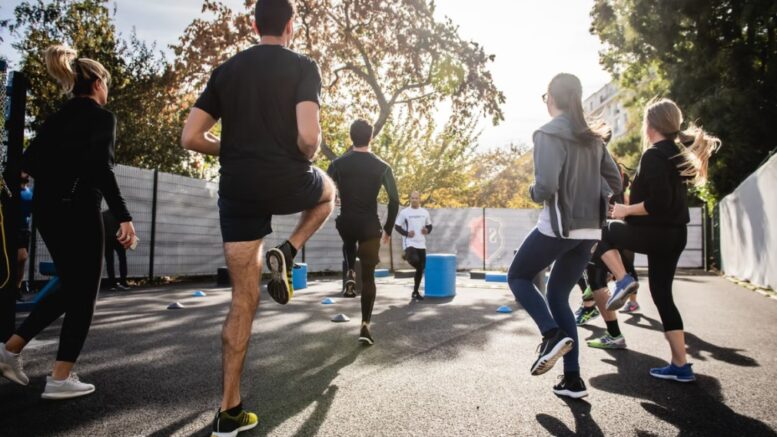College education is a serious, labor-intensive, and time-consuming commitment. It keeps students busy and focused. However, successful academic performance might come at a cost unless students take steps to develop and stick to healthy habits.
Research shows that an unhealthy lifestyle is a cause of psychological distress and an inevitably negative impact on students’ academic performance. If you are committed to continued academic success, double down on your efforts to develop habits for a healthy lifestyle. See the tips below to hit the ground running.
Regular exercise
Regular exercise is a must. It has to be part of your daily routine no matter what you do and what you study. Pick the type of exercise or the type of sports you enjoy most (because you don’t need to suffer to get into shape) and develop a schedule for a regular routine.
If you go for weight training, keep taking notes to track progress. If you opt for team sports, involve your friends and family members. You will end up doubling the benefits from what will be a physical exercise and a socializing event.
Rest & sleep
Get a decent amount of rest and sleep to recover from stressful college studies or exercise. Fatigue is not your friend when it comes to managing busy schedules, completing college assignments, and passing exams.

Less alcohol
While parties seem to be an inseparable part of students’ college life, they do not need to get out of hand. As a student, you don’t want to be seen as a recluse, but it is possible to socialize with your fellow students without getting dissipated. Binge-drinking in particular has a known and well-researched negative impact on your health, which you want to avoid at all costs.
Healthy eating
As the famous saying goes, “you are what you eat.” Don’t let a poor diet, irregular meal plans, and binge-eating put you in harm’s way. It is a common misconception that healthy eating requires a lot of money. There are lots of recommendations and tips on useful habits for students that help them reverse course. Review them carefully to develop healthy eating habits that can improve your mood, boost energy levels, and further your academic studies.
Balance
Achieving academic excellence without sustained efforts is an illusion. It is a labor-intensive, time-consuming, and purposeful process where nothing can be taken for granted. To avoid exhaustion, you need to come up with a set of activities or ‘positive distractions’ (for lack of a better term) to strike a balance between stressful college studies and fun activities.
In this regard, the range of options is limitless. It can include anything from reading a book and watching a favorite movie to taking a long walk, meeting new people, and going to the museum.
Getting It Right
College studies can be tough, especially for students aspiring to achieve academic success. Without healthy habits, students are much less likely to stay on course to attain their educational goals. It makes no sense to put off the task of developing a plan for developing the habits that will pave the way for exceptional academic performance, successful careers, and, eventually, a better quality of life.
About the Author
Carl Hill is a certified fitness instructor and nutritionist. As a professional writer, he has been reviewing the results of research on the benefits and side effects of dietary supplements. In addition, Carl has been advising students, parents, and colleges on the best health and wellness programs.
Article edited and fact checked by our editorial team
References
- Christine Deasy, Barry Coughlan, Julie Pironom, Didier Jourdan, Patricia Mannix Mcnamara, Psychological distress and lifestyle of students: implications for health promotion, Health Promotion International, Volume 30, Issue 1, March 2015, Pages 77–87, https://doi.org/10.1093/heapro/dau086
- Chaplain R. P.. Stress and psychological distress among trainee secondary teachers in England, Educational Psychology: An International Journal of Experimental Educational Psychology, 2008, vol. 28 (pg. 95-209)
